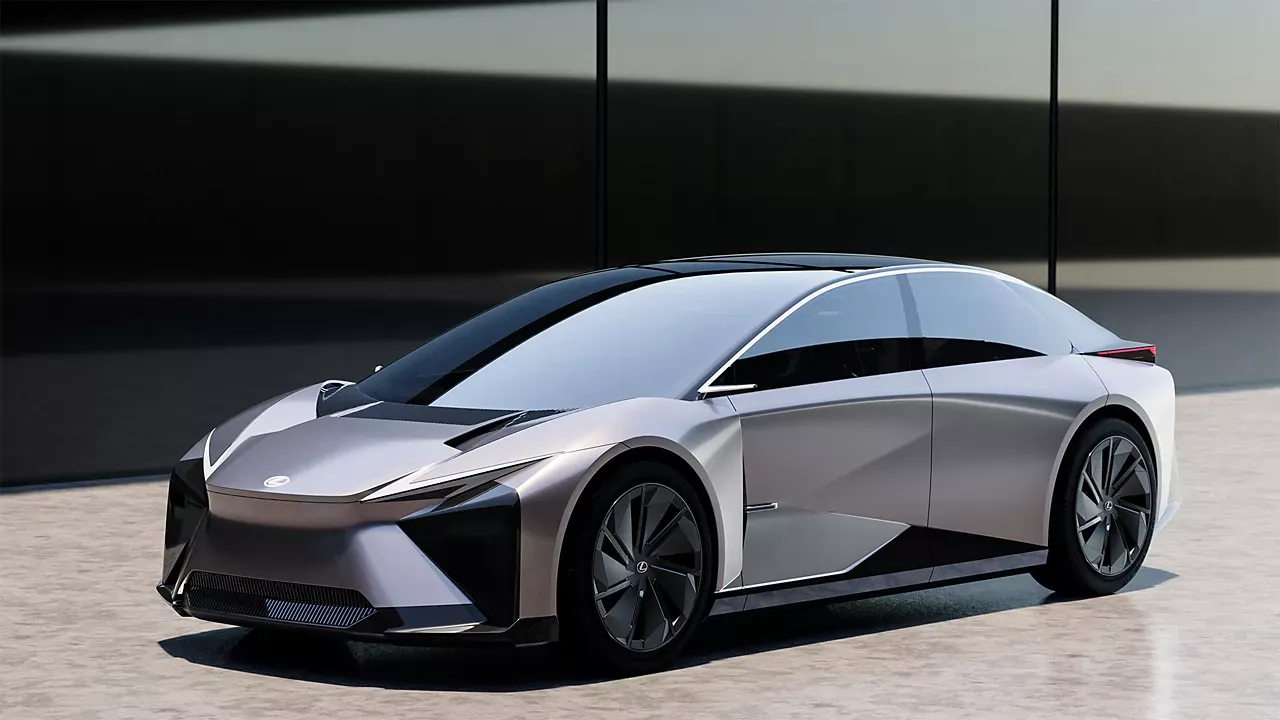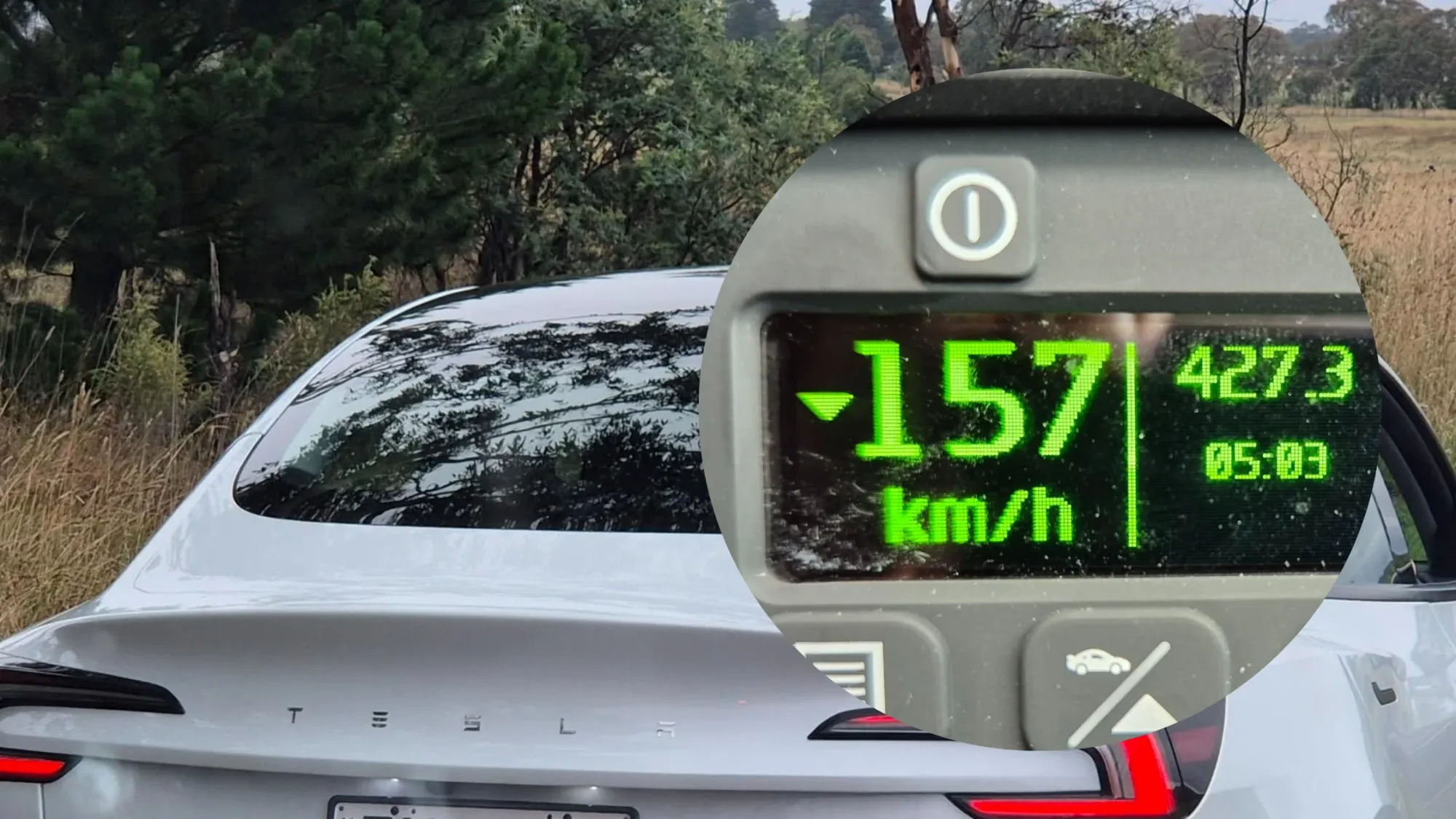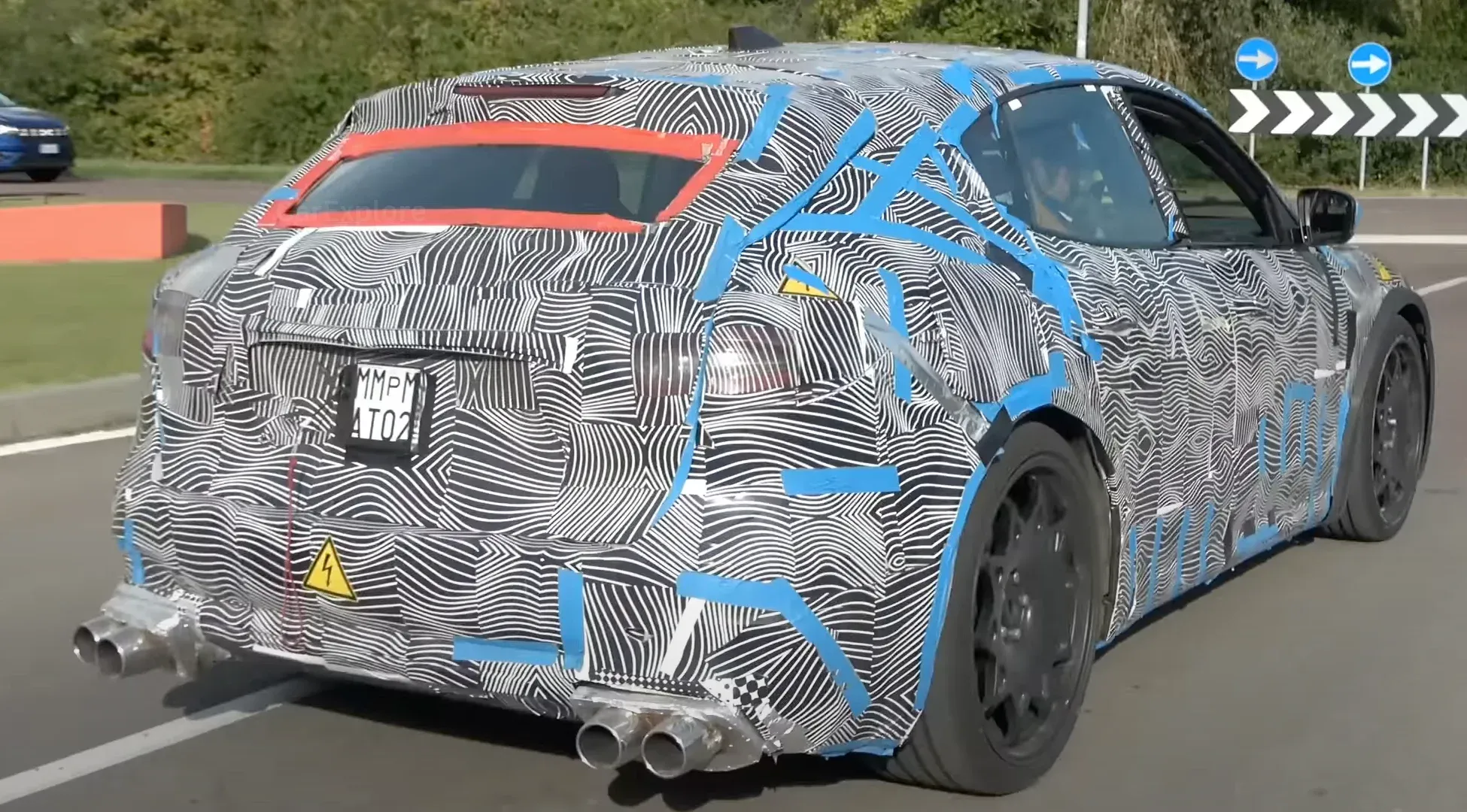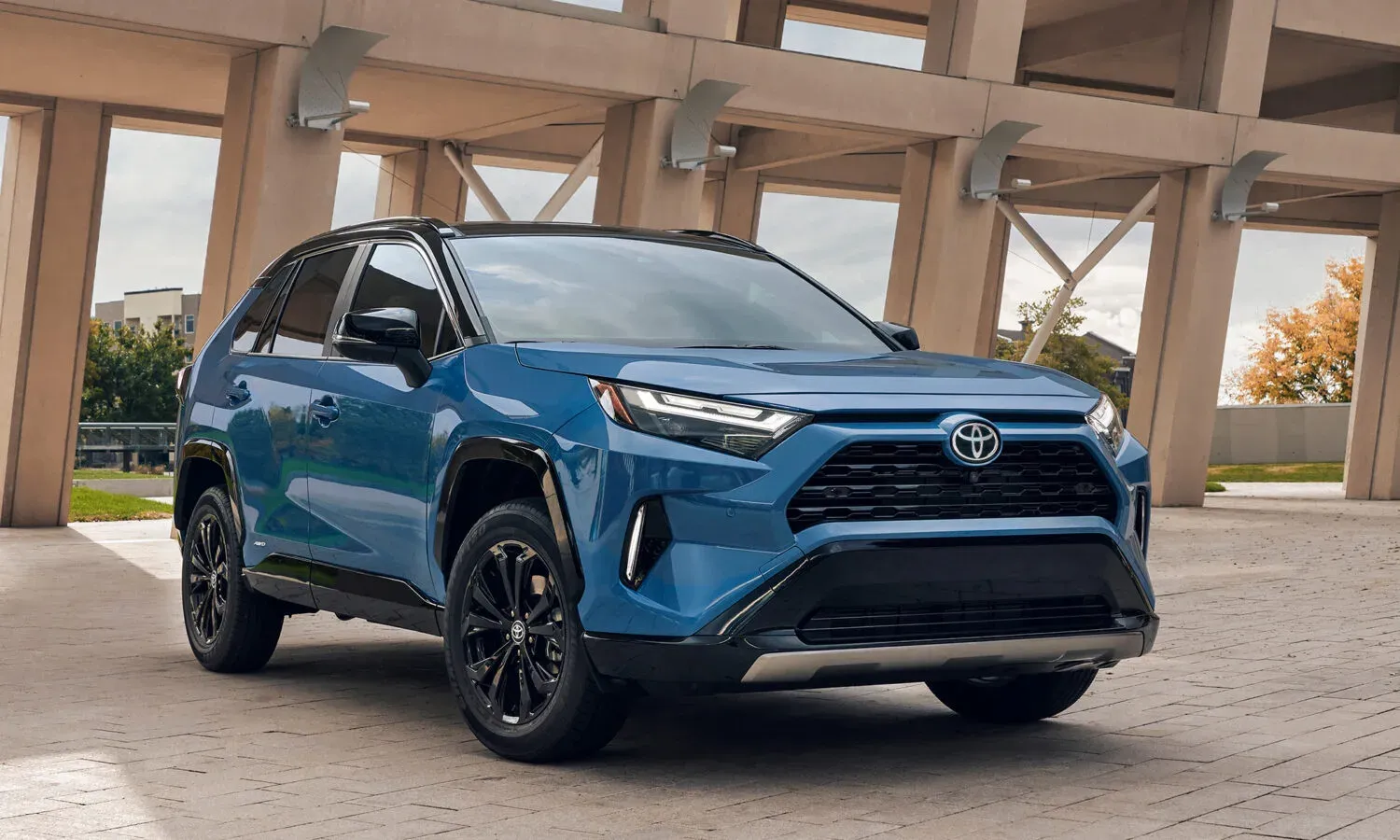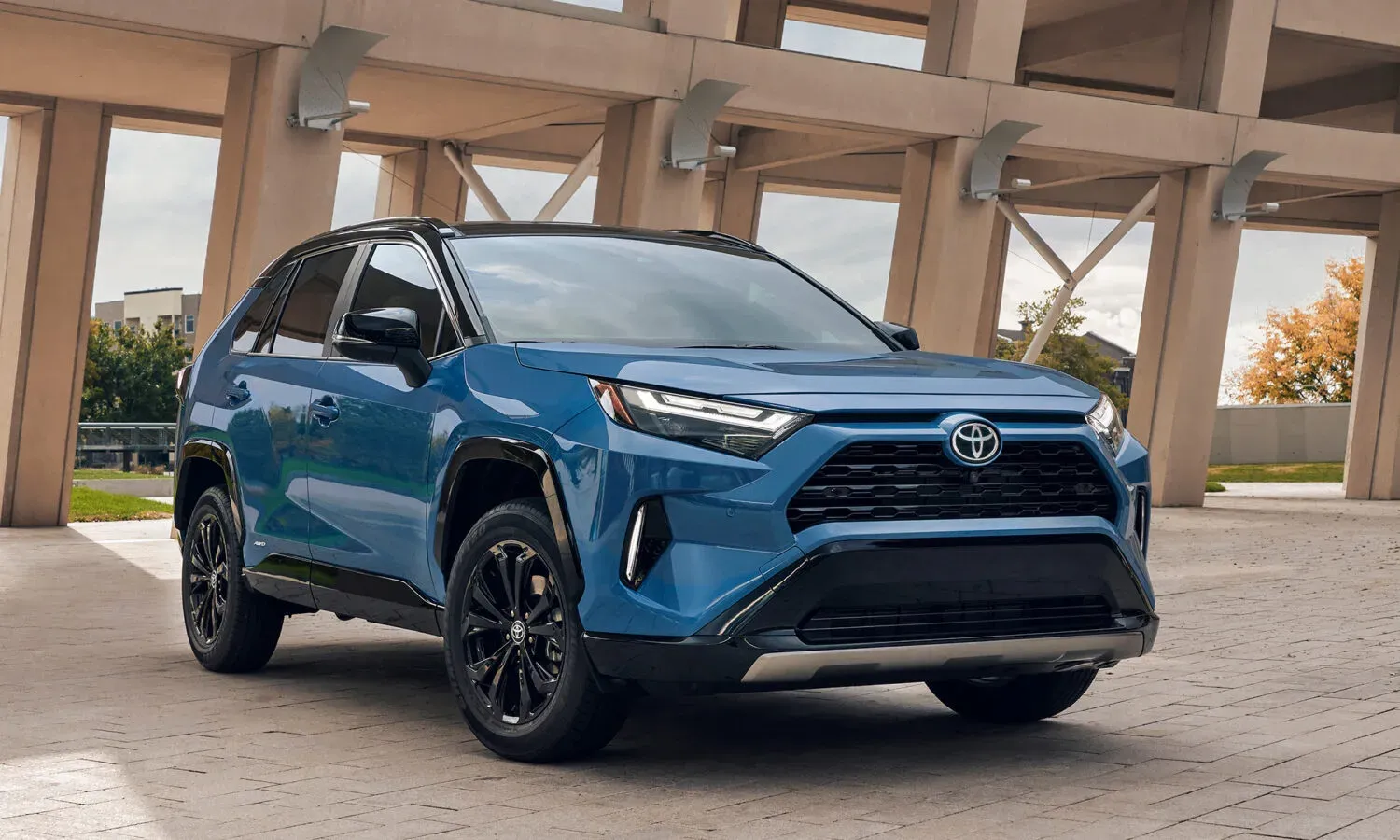Lexus, Toyota's luxury vehicle division, has announced a significant delay in the production of its next-generation electric vehicles (EVs). Originally slated for a 2026 launch, these vehicles, including the highly anticipated LF-ZC mid-sized sedan and LF-ZL large SUV, are now expected to enter production in mid-2027.
Reasons for the Delay
The primary reason cited for this postponement is Toyota's intention to incorporate the latest manufacturing technologies into the production process. This includes:

- Giga-casting: A method pioneered by Tesla that produces large vehicle components as single pieces, simplifying production and increasing body rigidity
- Advanced modular construction techniques
- Implementation of new software platforms
Affected Models and Features
The delay impacts several key Lexus EV models:


- LF-ZC: A mid-sized sedan concept measuring 4750mm long, targeting a drag coefficient below 0.20
- LF-ZL: A large SUV concept stretching 5300mm in length
- The electric replacement for the discontinued Lexus IS sedan
These vehicles are set to feature:
- A new modular platform shared with future Toyota models
- Advanced high-performance batteries with improved range and efficiency
- The new Arene OS, offering enhanced adaptability and AI-enabled functions
Market Context
This delay occurs amid changing market dynamics:

- Slowing demand for battery-electric vehicles globally
- Increasing popularity of hybrid and plug-in hybrid vehicles
- Toyota's revised EV sales targets: Now aiming for 1 million EVs by 2026, down from the initial 1.5 million goal
Future Outlook
Despite the setback, Lexus maintains ambitious electrification goals:

- Commitment to selling only electrified vehicles from 2030
- Plans for exclusively battery-electric vehicle sales from 2035
- Toyota's promise to introduce solid-state batteries by 2027 or 2028, potentially doubling energy density and significantly improving range and charging times
As the automotive industry continues to evolve, Lexus's decision to delay its next-gen EVs reflects the challenges and complexities involved in developing and implementing cutting-edge EV technologies.
The success of these future models will likely depend on how effectively Lexus can leverage this additional development time to deliver truly innovative and competitive electric vehicles.



